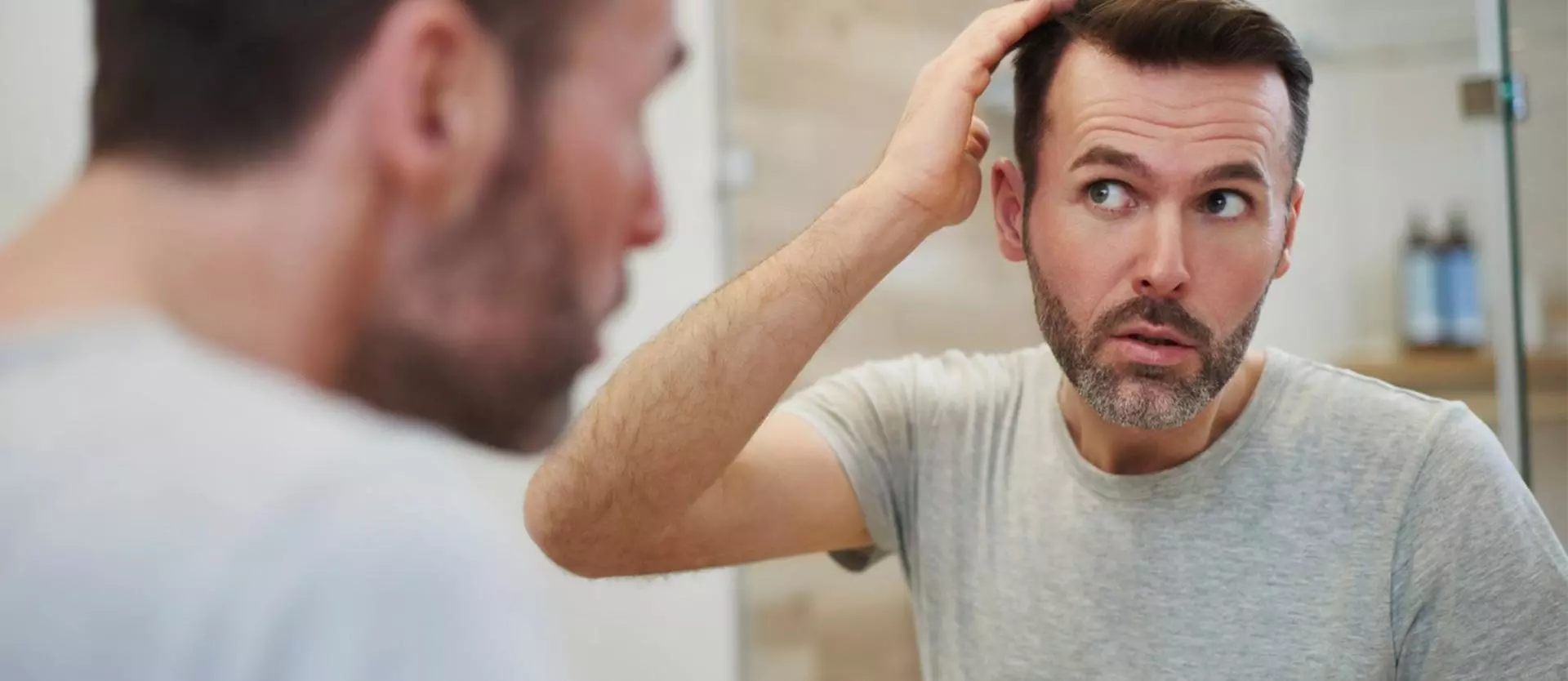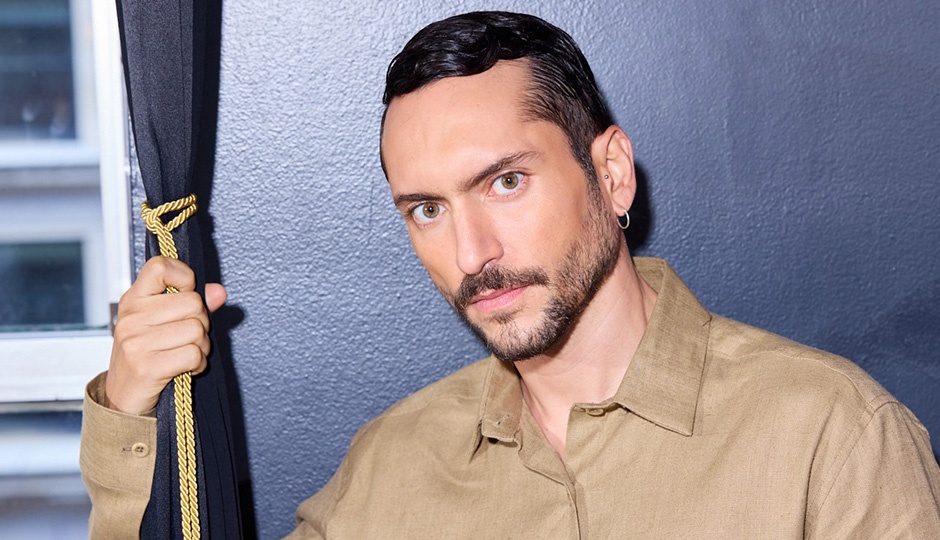Are you experiencing hair loss? If so, you may be wondering why. In many situations, we never really learn why this type of hair loss occurs. However, when there is a reason, there may be a way you can fix it. For example, for those with high levels of stress that cause imbalances of hormones, fixing that hormone balance by reducing stress can improve hair growth. That is not the case when it comes to genetics, though. Dihydrotestosterone, or DHT, is one of those factors that is harder to control. Here is what you need to know about it.
First, What Is It?
Male pattern baldness or hair loss is the key type of hair loss men face. It is sometimes called androgenetic alopecia. In all cases, we know that hormones play a role in the cause of hair loss. We also know that DHT seems to be the main hormone to cause this type of hair loss to occur. It is important to know that there is some evidence that links DHT to hair loss that impacts women as well. However, most of the research focuses on how it impacts male hair loss. So, take into consideration how that happens.
In a healthy person, DHT is properly managed. It works to create many of the features you have such as increased muscle mass. It also gives men the hair they have as well as a deeper voice. DHT is important. It helps in the development of the male reproductive organs and also plays a role in the balance of sex drive. Properly managed and balanced in the body it does not cause any negative impact but helps men to have these key features.
What Happens When There Is an Imbalance?
DHT is a type of androgen. This particular androgen works to give men their male characteristics and features. Over time, researchers have found that the presence of an imbalance of DHT can cause the hair follicles to get smaller and become very small. When this happens, they become too small to allow hair strands to grow. The hair falls out and is not able to open up properly again so it can grow. What we also know is that this does not seem to impact all men, but it impacts a large percentage of men who have male pattern baldness.
Why DHT Matters So Much
DHT is a very important hormone. In men, it is more important than testosterone. In the body, the 5 alpha-reductase enzyme works to convert testosterone into DHT. This happens in the prostate and the testes. About 10 percent of the testosterone produced in the body is converted to DHT. This is a normal amount, but in some men, that amount is significantly higher. Researchers believe that the overproduction of DHT is what leads to more impressive amounts of hair loss than in those who have a more balanced level present.
How Do You Genes Play a Role in This?
Male pattern baldness is often thought of as a genetic condition. If your father or grandfather had it, you may, too. However, we also know that the sensitivity that hair follicles have to DHT is a genetic feature. That means that a person who has this genetic link – which falls in the androgen receptor genes – is more likely to develop hair loss. In men who do not have this genetic sensitivity, on the other hand, there is less risk of any type of hair loss occurring.
What Does This Mean for a Cure?
Of course, there is no cure for all forms of hair loss. However, researchers believe that being able to control the amount of DHT present and developed may offer some help for many people. It may provide a way of reducing the impact that DHT has on the hair follicles, potentially allowing them to grow longer and without the risk of the follicles becoming too small.
There are many things that can impact hair loss. It is up to you and your doctor to determine if DHT is one of those factors. A blood test can help to pinpoint this information.
Contact the hair specialists at Unique Hair Concepts to learn more.






